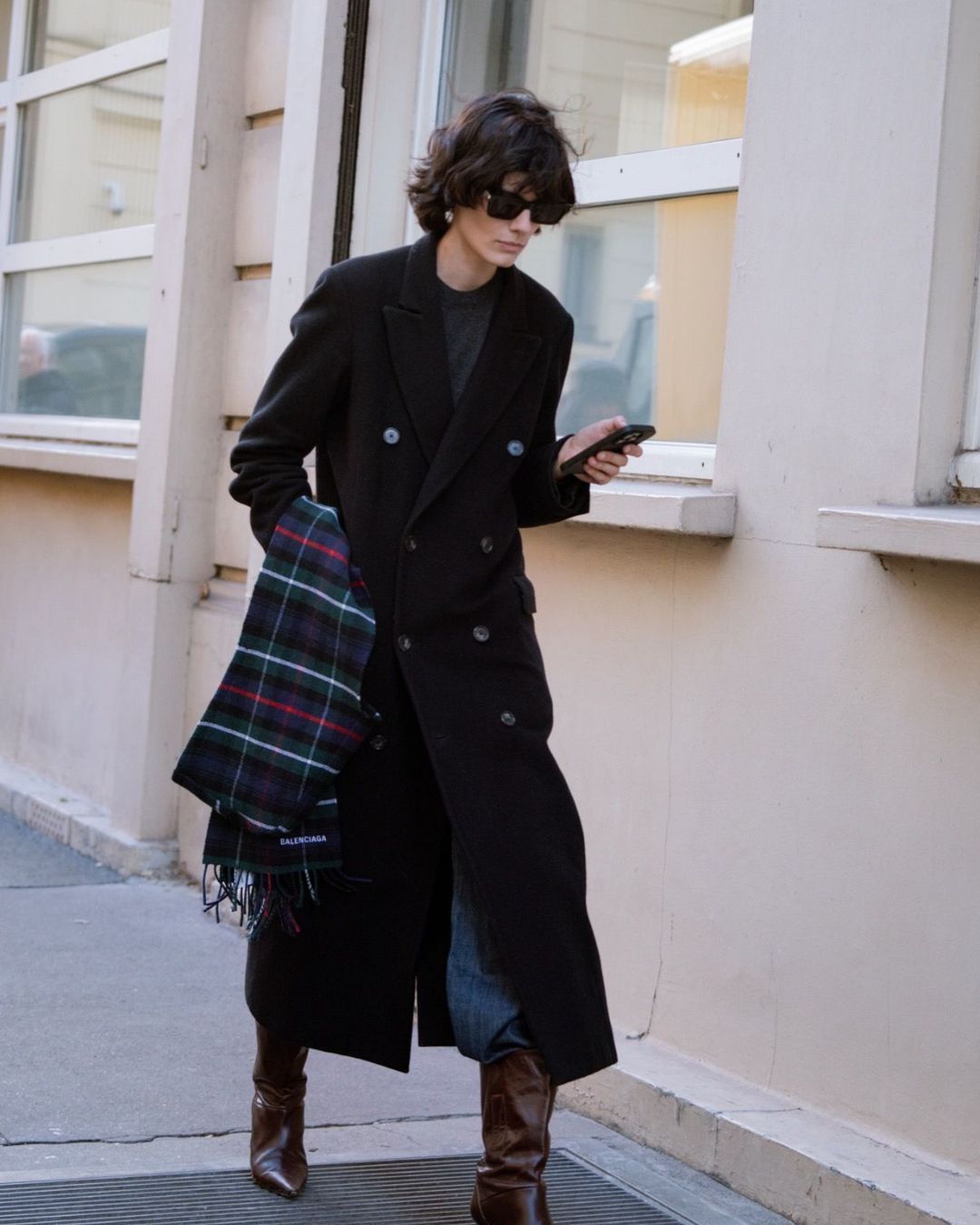
The Victoria/Thomas duo ceases trading activities The brand will now focus solely on collaborations and other design projects
The French ready-to-wear brand Victoria/Tomas founded in 2012 by the designer duo Victoria Feldman and Tomas Berzins, announced via WWD on Monday, June 10, that they are ending their business activities. The duo, who have been on the official Paris Fashion Week calendar since 2017 and offered by retailers worldwide, including Neiman Marcus, Harvey Nichols, Le Bon Marché, as well as retail stores such as COLETTE at its peak, stated they now want to focus on collaborations and various design projects for the future. Their Parisian atelier will also close. They explained that this decision was due to a combination of market forces and a desire to divert their attention from daily business operations to concentrate on more creative efforts.
The brand's rise began right after the founders graduated from Esmod fashion school, quickly making a name for themselves by becoming finalists in the International Festival of Fashion and Photography in Hyères the following year. Recognition came swiftly, notably thanks to their bold creations such as the launch of reversible clothing in 2020. The aim was simple and to be more sustainable: one garment equals two looks. For example, there was a long shirt with a finely striped collar that could be worn as a tunic, with a layer of flowing silk protruding from the bottom, and turned inside out, the piece became a dress blouse. Despite these innovations and ever-increasing growth, the pandemic that same year brutally transformed the commercial landscape, leading to a series of shop closures and affecting the brand's commercial system. « To be honest, especially after COVID-19, business slowed down a lot, » Berzins confides. « We felt like wholesale prices were decreasing, slowly but steadily. » This contraction in the wholesale market significantly impacted their financial situation. « The industry has seen a lot of changes, negative changes, starting with wholesale, which we mainly focused on since the beginning, » he continues. « When department stores close or go bankrupt, it’s not easy to replace them. » The pandemic was a major blow, causing their revenue to drop by 70% due to order cancellations and store closures. Since then, about fifty of their partner retailers have gone out of business. The frantic atmosphere of post-pandemic Paris showrooms didn’t help: « Even with a very central showroom, we couldn’t even see our current clients in Paris; everyone is running, everyone is in a hurry, everyone is stressed, » Berzins explains. « It wasn’t like that in 2014 or 2015. It was a totally different vibe. »
Simultaneously, competition is intensifying and retailers are becoming increasingly cautious, preferring safe bets over the risk of investing in emerging brands. « Compared to what we saw 10 years ago, or even six years ago, when buyers wanted to take risks, they wanted to buy new things to experiment and offer this platform to a young designer. Today, people are just trying to find quick solutions, » Feldman observes. The initial success of the reversible concept has eroded as discreet luxury has taken over, making retailers more reluctant to innovate. Facing these challenges, the duo is redirecting their energy towards strategic collaborations, including with established brands in various categories. Their partnership with the perfume house Caron, for which they designed a carrying case, illustrates this new approach. Open to all forms of creative collaborations, whether with high street brands or sportswear, Berzins clarifies: « We have no limits, we have no taboos about where we can or cannot work. It’s just a matter of fitting with our vision and with a human aspect including the team. » Feldman adds optimistically: « We are very motivated and look to the future very positively. We can’t wait to embark on new adventures. »




















































